Senegal
The 2024 Forum on Internet Freedom in Africa (FIFAfrica) took place from September 25-27 in Dakar, Senegal, marking the first time the event was held in Francophone Africa.
This 11th edition brought critical attention to the state of digital democracy in the region, covering topics such as human rights, online freedom of expression, and enhancing internet access for people with disabilities, sparking vibrant discussions.
Internet access remains a challenge in many parts of Africa, where high costs and limited coverage prevent many from benefiting fully.
These disparities pose a significant barrier to internet democratization, a key focus of FIFAfrica 2024. Cheikh Fall, president of AfricTivistes, co-organizer of the forum with CIPESA (Collaboration on International ICT Policy for East and Southern Africa), stressed the urgency: "Africa missed out on past technological revolutions; it can't afford to miss the internet revolution."
Government Engagement Urged
FIFAfrica is Africa’s largest event focused on digital rights, bringing together key stakeholders to discuss the gaps, challenges, and opportunities for advancing online privacy, free expression, civic participation, and innovation. Fall noted that the forum provides a platform to align strategies and push for stronger digital rights protections while promoting inclusive internet governance.
Public officials, service providers, and tech companies were called upon to collaborate on making the internet more accessible. "Governments need to realize that the digital economy can generate value and increase GDP. Once understood, they can invest or work with major internet providers to reduce taxes and improve user access," said Cyriac Gbogou, vice president of AfricTivistes.
High Hopes for Public Policy
Participants expressed high expectations for public policies that would enhance internet freedom. "I expect governments to create policies and collaborate with firms to ensure access to the internet is expanded and regulated," said Dominique Hodieb, a digital strategy consultant. She added that some governments are hesitant about the internet’s potential because they fear its misuse.
Content regulation remains a major hurdle in democratizing the internet. In several African countries, the internet is often used as a tool to manage social unrest, leading to censorship, arrests, and shutdowns. These actions, along with restrictive regulations, threaten to limit the internet’s potential to drive socio-economic and political development on the continent.



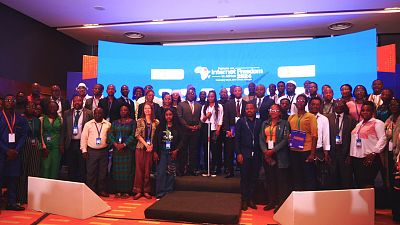


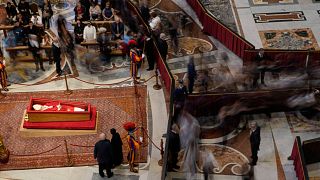

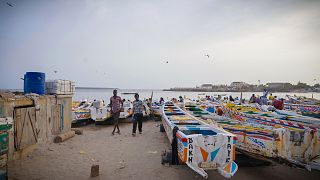
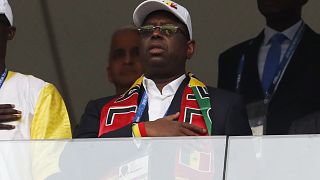
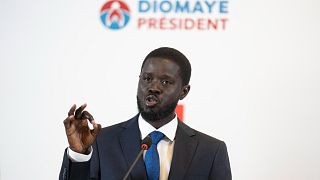

Go to video
CAF fines its president's club $100,000
Go to video
Nigerian Football Federation guilty of negligence in footballer's death
Go to video
Gabonese international Aaron Boupendza dies in China
01:36
ES Tunis and Sundowns set for CAF Champions League quarter-final decider
Go to video
FIFA president visits California stadium to host new Club World Cup
Go to video
Sudanese Al Hilal aims for victory against Al Ahly in the CAF Champions League quarter final clash